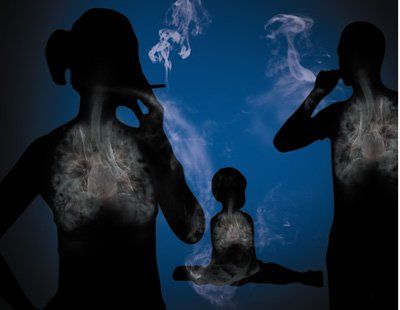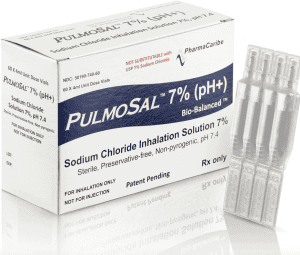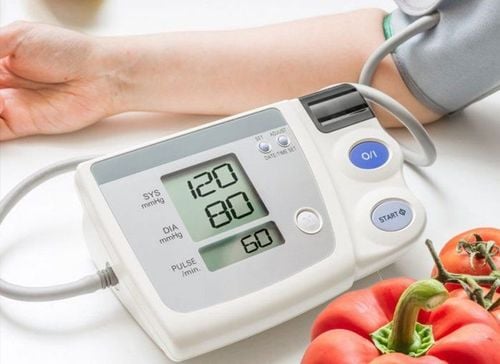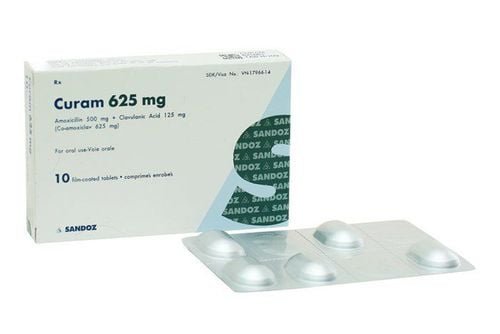This is an automatically translated article.
The article was written by doctors of Internal Oncology - Radiation Oncology Center, Vinmec Times City International General Hospital.Passive smoking is the term for non-smokers who breathe in secondhand smoke from a smoker, sometimes referred to as a "secondhand smoke environment". Secondhand smoke from indoor smokers can cause health problems for children. These problems are made worse if both parents smoke.
1. The risk of smoking is passive in children
Passive smoking increases children's risk of the following health problems:
Breathing symptoms, such as coughing, coughing up mucus or wheezing Respiratory infections such as bronchitis and pneumonia - These infections can be especially serious in infants and young children. Asthma – may not cause frequent symptoms. But when symptoms flare up, the child wheezes, coughs, or has a tight feeling in his chest. Lungs do not develop normally in childhood Ear infections Hearing loss (in adulthood) Later in adulthood, children who grow up with secondhand smoke are more likely to have:
Asthma Lung cancer other types of cancer Heart disease In addition, children who grow up with parents who smoke are more likely to smoke too
If your child already has asthma, secondhand smoke can make your child's symptoms worse. should be worse or more severe. In addition, secondhand smoke makes children so asthmatic that they need asthma medication or go to the hospital more often.
Secondhand smoke can also affect the unborn baby. If a woman (non-smoker) lives in a house with cigarette smoke, her baby is more likely to be born with a low birth weight than a normal baby.
Problems that can happen if a woman smokes while pregnant
Women who smoke during pregnancy have a higher risk of miscarriage, or giving birth prematurely, not having a full term. When a woman smokes during pregnancy, the baby is born at a higher risk:

Born too early Not developing as normal in the uterus Born with a birth defect Died of sudden infant death syndrome during the postpartum period (sudden infant death syndrome during sleep for unknown reasons) do). If just making a smoke-free room in the house is not enough for children, parents need to make the whole house smoke-free. Using an air purifier won't help.
2. Measures to prevent passive smoking in children
If you want to quit smoking, keep it in mind and set milestones to do it: schedule a date to start quitting, a date to tell family, friends and those around you that you plan to quit , anticipate or plan ahead for the difficult times that will face while quitting. Remove cigarettes and other tobacco products from your home, car, and workplace. Temporarily stay away from smokers and areas where smokers are present. Ask your doctor to prescribe medicine to help you quit smoking, some drugs, sweets, apricots, herbs... to help reduce cravings for cigarettes.
Quitting smoking is a way to prevent the risk of respiratory diseases for yourself as well as to protect the health of your own children. To check if children are suffering from respiratory diseases caused by passive smoking, parents should take their children to regular health check-ups to check their health and have methods to help them. children healthy and comprehensive development. Vinmec International General Hospital always provides children's general health checkup packages to assist parents in monitoring their fitness and detecting and diagnosing common diseases in children.
Please dial HOTLINE for more information or register for an appointment HERE. Download MyVinmec app to make appointments faster and to manage your bookings easily.
Source: update 2019












